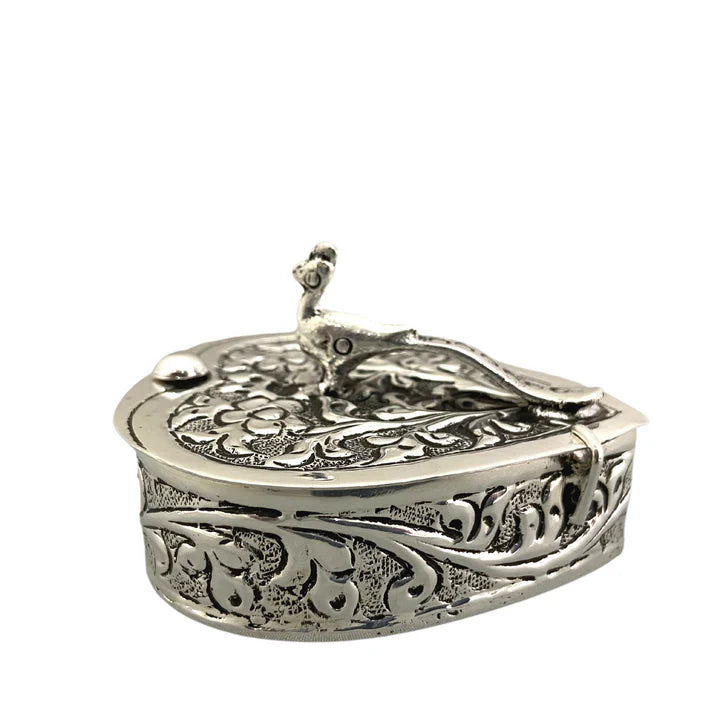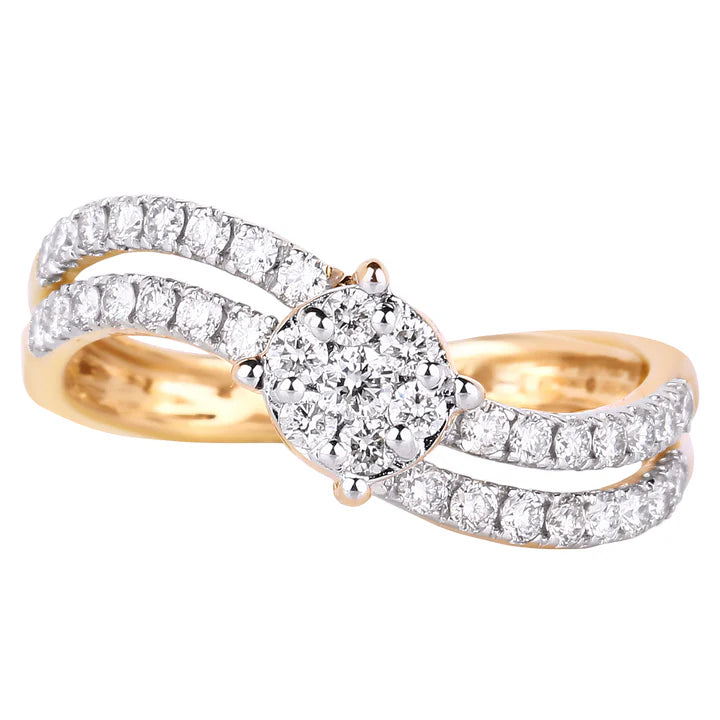How to Clean Silver Coins at Home (Without Damaging Them)

Everyone of us has seen silver coins first when we do the Poojan in Diwali; it means they are more than a precious metal. They’re a form of investment, collectibles, and also treasure from our ancestors. However, taking care of silver coins is a big challenge; their handling, exposure to air, and humidity make silver tarnish organically with time. And that’s the real reason people search more for “how to clean silver coins” at home without losing their natural and beautiful shine. Buy silver bullion coins, a type of silver coin with 99.9% purity that is less prone to tarnishing.

Everything you need to know about the right methods of cleaning silver coins using techniques that maintain their luster and safeguard their long-term worth will be covered in this blog tutorial.
Is Silver Coin Cleaning Necessary?
A crucial issue must be answered before we can discuss cleaning techniques: Are silver coins really worth cleaning?
We always heard that cleaning things makes them less valuable, and the same goes for rare or prized coins. That’s the reason buyers loved their rarest silver coins in their original condition, even if they have tarnish. Excessive cleaning can remove fine features and produce small scratches that lower a coin's value. But not an issue, we have a solution for you.
Cleaning is less of an issue for bullion silver coins, such as many that are sold at Ijuels. Maintaining these coins' brightness and tarnish-free condition increases their appeal since their silver content, rather than their rarity, is the main reason they are purchased.
As a general rule, don't clean your rare or ancient silver coin. Using the techniques listed below, you may safely clean ornamental or bullion items.
How to Clean Silver Coins Safely at Home
The following methods have been shown to be effective and reliable answers to the question asked, “How to clean silver coins” without inflicting any harm:
1. Soap and Water—The Gentle Method
This is the safest way to clean lightly tarnished coins.
What you’ll need:
-
Mild dish soap
-
Warm distilled water (tap water can contain minerals that leave stains)
-
Soft cotton cloth or microfiber towel
Steps:
-
In a basin of warm distilled water, combine a few drops of dish soap.
-
Let your coin soak for five to ten minutes after gently submerging it in the solution.
-
Gently massage the coin's surface with your fingertips. Steer clear of cleaning pads and brushes.
-
Use distilled water to rinse well.
-
Use a gentle towel to pat dry. Avoid vigorous rubbing.
2. Baking Soda and Aluminum Foil—The Science Trick
This method uses a simple chemical reaction to remove tarnish.
What you’ll need:
-
Baking soda
-
Aluminum foil
-
Heatproof bowl
-
Hot (but not boiling) water
Steps:
-
The first step is to cover the inside of the bowl with aluminum.
-
Place your coins on the foil.
-
Sprinkle baking soda generously over the coins.
-
Pour hot water until the coins are submerged.
-
Wait 2–5 minutes. You’ll notice tarnish transferring from the coins to the foil.
-
Rinse the coin using distilled water and then dry it.
Why it works: The baking soda and foil form a reaction that takes sulfur-based tarnish from silver without abrasion.
3. Olive Oil Soak—For Heavy Tarnish
Olive oil works slowly but effectively on coins with stubborn dirt or corrosion.
What you’ll need:
-
Olive oil
-
Glass jar
-
Soft cloth
Steps:
-
Place coins in a small jar filled with olive oil.
-
Let them soak for a few days to several weeks (depending on the level of dirt).
-
Remove, rinse with soap and distilled water, and pat dry.
Note: This method is best for coins with deep tarnish where other methods don’t work.
4. Commercial Silver Cleaners—Use with Caution
You’ll find silver dips and cleaning solutions in the market, but these should be used very sparingly. They can strip away natural patina and details if left too long. If you choose this route:
-
Always follow the product’s instructions.
-
Test on a low-value coin first.
-
Never leave coins soaking for extended periods.
Avoid these mistakes while cleaning silver coins.
Cleaning could seem easy, but errors can ruin your coins forever. Steer clear of these at all costs:
-
Using toothpaste causes microscratches and is abrasive.
-
Using lemon juice or vinegar can cause the coin's surface to deteriorate.
-
Using brushes or towels to scrub fine details might scratch them by even gentle brushing.
-
The excessive polishing Although it may appear nice, a high polish weakens monetary value.
How to Stop the Tarnishing of Silver Coins
Cleaning ought to be the final option. Preventing tarnish in the first place is the greatest technique to preserve silver coins. Here's how:
-
First Store Properly: You can store them in coin holders, zip-lock bags, and also in sealed capsules.
-
Try to avoid moisture: To follow this step, simply put the silver coin in silica gel packets in a cool, dry location.
-
Don’t handle it directly: Always prefer to wear cotton gloves and hold it from the edges of the coin.
-
Reduce air exposure: Tarnishment occurs more slowly the less oxygen and sulfur come into contact.
Final Thoughts
Now, you got to know about how to clean silver coins with saving the natural shine of silver coins and without diminishing their worth. You can simply clean at home using techniques like baking soda, soap, or water, and they are considered safe and efficient for bullion coins. For some of the items that are rare, take the help of a numismatist to get them cleaned.
You may discover a variety of gorgeous silver coins at Ijuels, including wonderfully carved patterns and investment-grade bullion. You can guarantee that they will continue to be priceless treasures for many years to come by taking good care of them.




